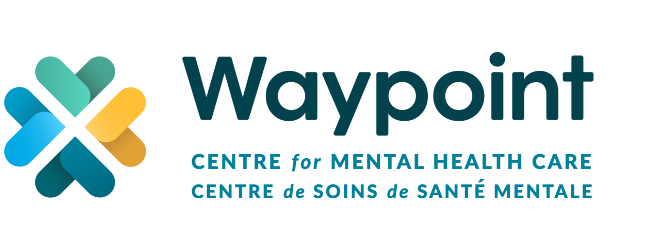A Waypoint psychiatrist has received a significant grant from the University of Toronto for a quality improvement study aimed at enhancing patient and family experiences on the Horizon Program for Geriatric Psychiatry.
Dr. Marcus Allan was awarded $17,448 for an 18-month study titled “Strengthening Dementia Care through Family Engagement: A PSDA Approach to Implementing Quality Standards in Geriatric Psychiatry.” Horizon will implement formal family meetings for patients being admitted, with the primary goal of introducing the team and gathering essential information.
The goals are to provide better individualized care to patients, ensure family members are supported and ensure that we don’t miss anything clinically relevant, like allergies or medical history. We anticipate this will result in less restraint and medication use, and the faster implementation of an individualized care plan.
Dr. Marcus Allan , Waypoint Psychiatrist
Horizon serves patients 65 or older with signs and symptoms of a psychiatric disorder, as well as individuals younger than 65 with Alzheimer’s or other dementing illnesses. Currently, team members contact the family to discuss occupational therapy, physiotherapy, pharmacy involvement, social work and other aspects of care. The new approach will involve a single, co-ordinated meeting within 24 to 72 hours of admission. These meetings can be virtual or in-person, depending on the family’s preference.
“It can be quite jarring for family members to have to repeat themselves, so this is also to make them feel even more welcome and to have the family members feel like part of the team and be very involved in the care,” Dr. Allan explained.
The team hopes to start the meetings within the next two to three months, with the aim of having enough data by the end of the year to make a publication and present their findings to the Canadian Association of Geriatric Psychiatry.
“We hope this will become the new standard,” said Dr. Allan. “The goal is patient and family satisfaction, but also, from a systems level, better flow. I’m hoping that it will be less of an administrative burden and result in staff having more time with patients.”
This innovative approach marks a significant step toward enhancing the quality of care for geriatric psychiatry patients, fostering a more collaborative and supportive environment for both patients and their families.


